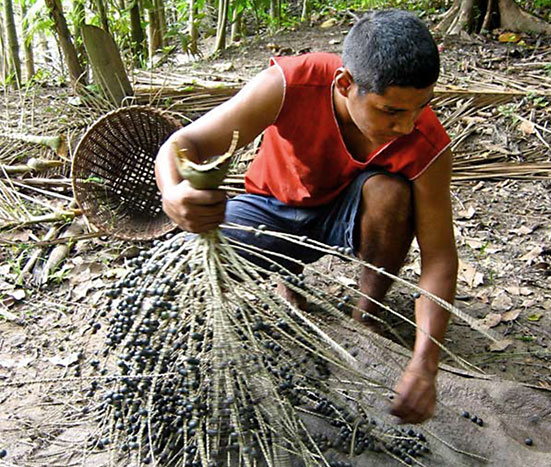This Working Group aims to synthesize recent thinking on the role of RCTs in evaluating forest conservation programs such as PES, community forestry and other relevant strategies. Experimental methods are held in high regard as a reliable approach for estimating treatment effects of environmental programs (Ferraro and Pattanayak, 2006). RCTs have been widely adopted in development economics, public health and education (Banerjee and Duflo, 2009). However there have been limited experiences with RCTs in forest conservation.
It is unclear if RCTs offer a viable way forward to evaluate forest conservation policies. Critics have argued that “experimental research and related designs may be infeasible, prohibitively expensive, or even unsuitable for an enormous range of questions of interest to social science and policy” (Agrawal, 2014). Furthermore, there are valid reasons why so few forest conservation programs have been evaluated with an experimental design (Baylis et al 2015). Nevertheless, these challenges are not insurmountable.In this context, our Working Group will consider questions such as:
• What are the key obstacles that must be overcome in order to integrate experimental methods in a forest conservation program?
• Are there circumstances in which RCTs might be viable and desirable?
• What sites might be candidates for implementing an RCT?
• What design considerations must be considered to maximize knowledge generation?
This working group aims to bring together researchers and practitioners who are interested in integrating RCTs into existing forest conservation programs. This work has the potential to advance our understanding in the fields of impact evaluation, human behaviour and program design.
Contact: Jordi Honey-Rosés, jhoney@mail.ubc.ca

